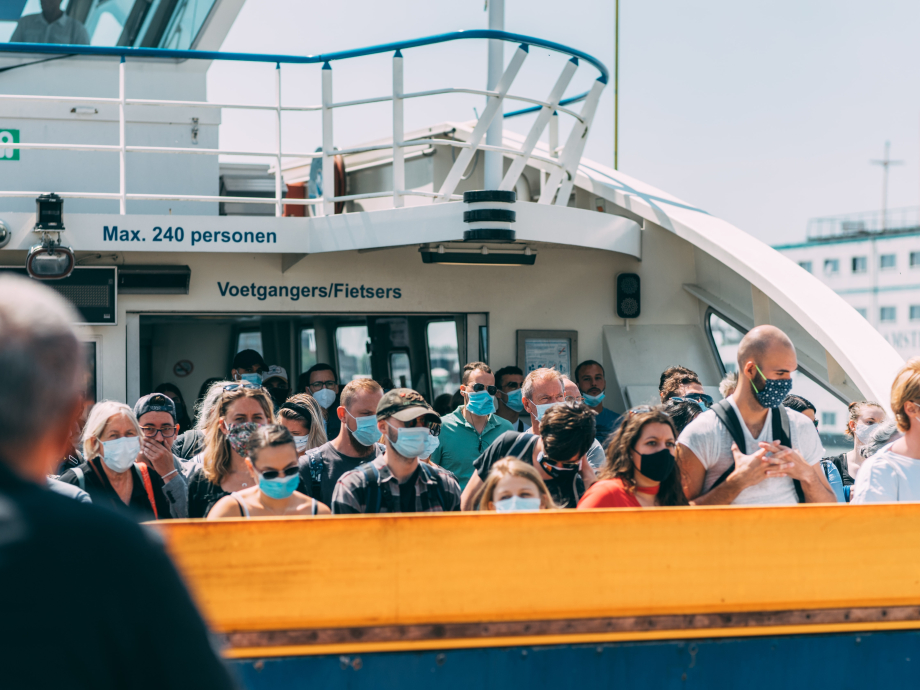International lessons to be learned from the COVID-19 pandemic: how do we make societies more resilient?
During the COVID-19 pandemic, governments made decisions on the use of knowledge and technology to deal with the crisis. The pandemic has now entered a new phase. A good moment to draw lessons from these decisions, says the partnership of parliamentary technology advisors in 21, mainly European, countries - EPTA. Today, the partnership presents a unique report highlighting six topics that require urgent attention in the coming period in order to make societies more resilient.

Urgent topics
In the report Technology assessment and decision-making under scientific uncertainty – lessons from the COVID-19 pandemic, members of the European Parliamentary Technology Assessment network (EPTA) describe and analyse how the COVID-19 pandemic has unfolded worldwide over the past year and a half. Based on this analysis, they have formulated six topics that societies need to address urgently. These are related to digitisation - both in a broad sense and specifically in the case of working from home - the global medical system and the medical supply chain, the intertwining of society and technology that causes vulnerabilities, the use of medical data, and the long-term management of COVID-19.
Societal discussion
The members of the EPTA network would like to see these issues high on the political agenda. In this way, a discussion can take place on inclusive and fair digitalisation, and how working from home can be integrated in our lives in a responsible way. Furthermore, attention should be paid to vulnerabilities in the public health system and technological infrastructure of societies, so that these can be addressed in the future. Medical data must be shared internationally in a responsible way, respecting the privacy and rights of citizens. In addition, the focus should be on how governments will continue to prevent and combat the spread of COVID-19. In many of these areas, transnational cooperation is a prerequisite.
The report was written by EPTA members from European countries and from Japan, the United States, the Republic of Korea and Chile. How did policy makers use scientific knowledge, technology, and innovation during the COVID-19 pandemic? And what role did institutes that study the impact of technology play? From a broad perspective, the EPTA network analysed the weaknesses and strengths of decision-making during the COVID-19 pandemic. Furthermore, the network looked at the lessons for decision-making on the use of knowledge and technology that can be drawn for future challenges.
The EPTA network has a clear goal with this report. Namely, to answer the question: how do we, as societies worldwide, develop societal resilience so that we can address challenges and crises that lie ahead? The institutes have an important role to play in advising parliamentarians and policymakers on this topic.
Presentation of the report
The EPTA network presented the report on 9 November during a closed hybrid (online and offline) meeting in The Hague. The report is presented to Mark Roscam Abbing, programme director of Samenleving en COVID-19 (Society and COVID-19) of the Dutch government. During the conference, the international authors discussed their findings with a panel, based on the lessons from the report. The presentation and panel discussion will become available as a live stream on the Rathenau Instituut website.